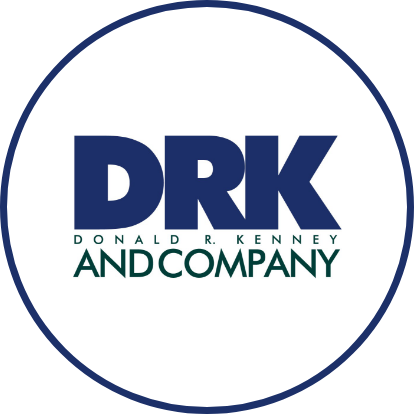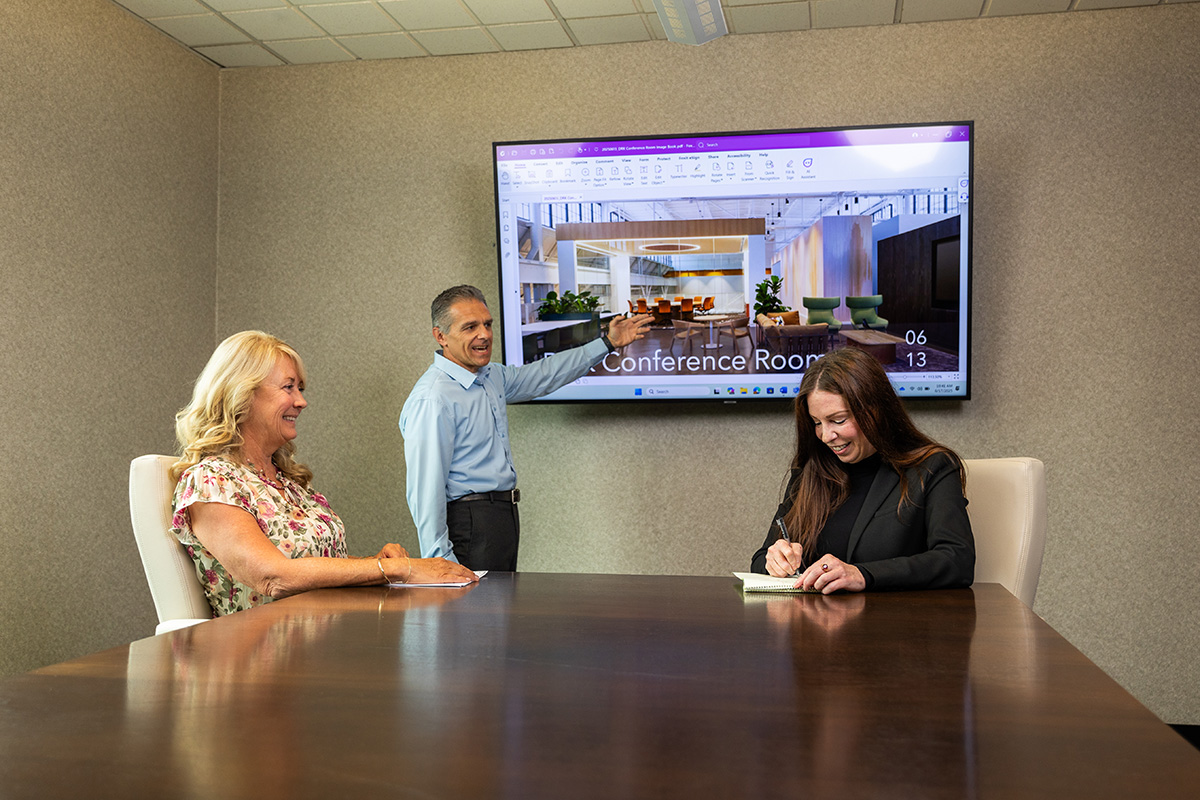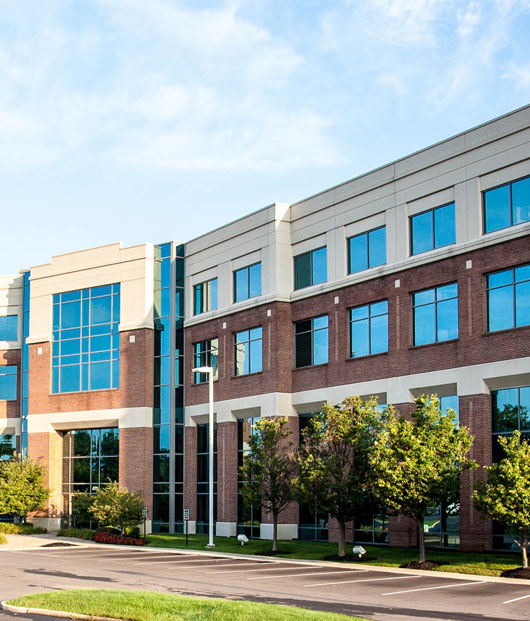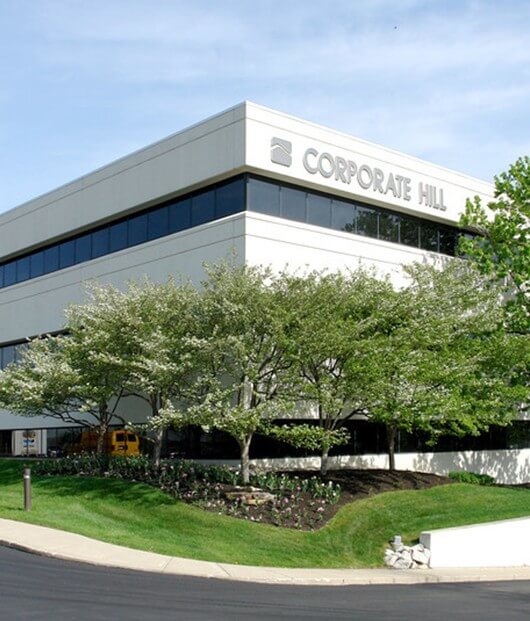Approaching commercial property management without a plan is like flying blind through a bank of clouds. It leaves too many variables up to chance and can cause inefficiencies and stress. Getting ahead of the curve with a detailed CRE strategy allows you to optimize your investment, increase its profitability and promote tenant satisfaction. Let’s break down six steps to get started.
#1: Evaluate Your Business and Property Goals
Your commercial property isn’t just an asset, but a means to an end that can positively or negatively impact your financial goals. Taking stock of your short- and long-term business aspirations allows you to account for capital improvements, lease structures and daily operations. Use that insight to shift from passive to proactive revenue generation and drive your business and personal gains.
Here are some questions to consider:
- Does the property have any historical issues that need to be addressed?
- Am I balancing the cost of operation against revenue?
- Do I have an appropriate tenant mix to generate sustainable income?
- How can I enhance my tenant retention efforts?
- Can I enhance my asset value through upgrades or redevelopment?
#2: Prioritize Tenant Retention
You can’t sustain steady investment income without tenants. Dissatisfaction and miscommunication can lead to higher turnover and vacancy rates, which could make it more difficult to attract other renters. Building and maintaining a quality tenant-landlord relationship allows you to address issues and complaints efficiently. Open lines of communication help build trust and enhance your reputation as a reliable owner.
Try these suggestions:
- Encourage tenants to provide feedback.
- Answer maintenance requests promptly and follow up to ensure issues are addressed.
- Be proactive in sharing policy updates, property improvements and safety measures.
- Upgrade amenities like parking lots, break areas and conference rooms.
- Use online portals to streamline payment, communication and service requests.
#3: Establish a Maintenance Schedule
Whether you own a retail center, office building or industrial complex, keeping your investment well-maintained is crucial to tenant satisfaction. That includes the interior and exterior, grounds and parking lot. Establish a maintenance routine to stay on top of minor issues before they become bigger, costlier problems. Conduct regular walkthroughs to determine the effectiveness of your plan and identify areas for improvement.
Designate specific tasks based on timelines, such as:
Daily/weekly: Cleaning common areas, trash pickup, restocking supplies and landscaping
Monthly: Assessing electrical and HVAC, testing emergency systems and deep cleaning high-traffic areas
Annually: Thorough building inspection, roof assessment, elevator service and safety compliance audit
#4: Create a Financial Management Plan
Budgeting is essential for tracking expenses so you can anticipate costs for maintenance, repairs, insurance and property taxes. That reduces the risk of cash flow issues so you can keep your operations running smoothly. Your investment property will likely require upkeep and repairs over time and financial forecasting can help you set aside funds without disrupting profitability.
Comparing forecasted and actual expenses provides an opportunity for analysis so you can identify overspending or inefficiency. That information is also crucial when making strategic financial decisions. Property management software can make all the difference, too. Use programs to track expenses, automate alerts, generate financial reports and monitor trends over time.
#5: Prioritize Legal Compliance and Risk Management
Dedicating time to compliance can help you avoid unnecessary citations and fees. Accidents, property damage and tenant disputes can expose you to legal ramifications, which is why it’s important to invest in property and liability insurance. Those policies protect your investment from expenses associated with natural disasters, accidents and injuries that can result in financial loss.
Compliance with local, state and federal zoning regulations is about more than avoiding fines and penalties. Doing so also enhances your property’s accessibility, making it more attractive to potential tenants, lenders and investors.
#6: Leverage Professional Services
Working with an expert property management team helps you navigate the world of commercial real estate with ease. They can provide insight into the local market and make recommendations to optimize your investment. You may consider hiring a third-party property management team if you require specialized knowledge regarding legal compliance and building codes. They can also assist in coordinating renovations, energy upgrades or capital improvement projects.
Consider the following when choosing a CRE management team:
- Compare available services against your operational needs.
- Look at reviews, testimonials and case studies to evaluate their reputation.
- Inquire about communication and reporting methods.
- Learn about cost structure.
- Ask about their expertise regarding your specific market or property type.
Commercial Property Management in Columbus, Ohio
DRK and Company specializes in a variety of commercial real estate services, including investment, brokerage, property management, maintenance and development. Our expert team has years of experience navigating the CRE market in and around Columbus, Ohio, so they can help you identify and seize profitable opportunities. Contact us to schedule a consultation.
Until next time,

Sarah Campbell
Director of Commercial Real Estate







